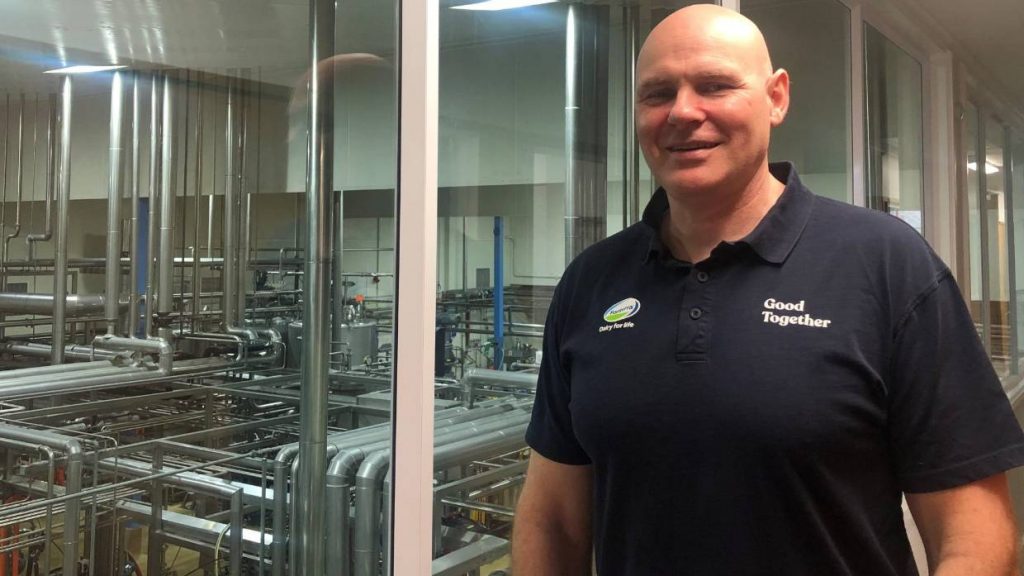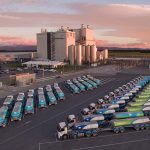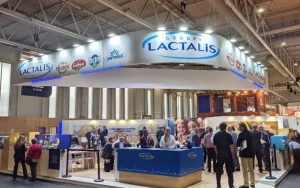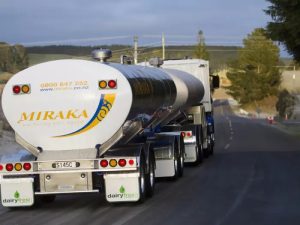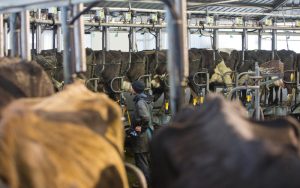
Fonterra has trademarked the term Kowbucha, after early trials using probiotics to reduce methane production in cows showed promising results.
The term is a play on kombucha, the popular fermented tea drink.
The dairy giant has been researching ways that cultures from cows’ milk could be a solution to reducing methane emissions.
Research director Mark Piper said solving this problem could lead to a reduction in New Zealand’s carbon emissions of up to 20 per cent.
Fonterra has one of the largest dairy culture collections in the world at its Palmerston North research and development centre, with hundreds of samples gathered from farms over nearly 100 years.
Fonterra used them to create cultures for cheese and yoghurt making and to develop probiotics.
But recent experimentation with different cultures had led to the creation of new fermentations that Fonterra want to market as Kowbucha. The hope is that the cultures might turn off the gut bacteria in the cow’s digestive system that create methane in the first place.
Initial results had been promising, Piper said.
“Obviously, there are sensitivities here in terms of ensuring that we don’t want changes to the cow’s natural biology and the milk it produces. That’s 100 per cent natural and we want to keep it that way.”
Fonterra is working with AgResearch and the Pastoral Greenhouse Gas Research Consortium to conduct trials on cows.
“AgResearch is really well set up to run trials. They’ve got these big booths that you can put cows in and control what they are fed and then measure the gas that comes out of them,” Piper said.
It was too early to say if there would be a final product or what form it might take, he said.
First they had to establish what effect the cultures had in the animal and prove they could reduce methane. If that was successfully done, Fonterra would look at the best way to administer the Kowbucha.
“Is it a drink, a feed? Something they need to eat daily or once a year? Is it something they can have when they’re still inside the mother and it passes through into the cows? ,” he said.
A final decision was about 18 months away.
Another research project involved catching and destroying methane as it left the cow, Piper said.
“This happens naturally in the atmosphere, but we are looking at how to do it in minutes on the ground.,” he said.
Details were under wraps, he said.
Commercialisation could prove challenging because it was still unknown if it could be done at scale or even if would be effective.
Any innovation would have to be good for the animals and humans, Piper said.
“It can’t be something that passes through to the meat or milk.”
Fonterra was also looking at options like inhibitors, vaccines, breeding types and feed to reduce methane, he said.
